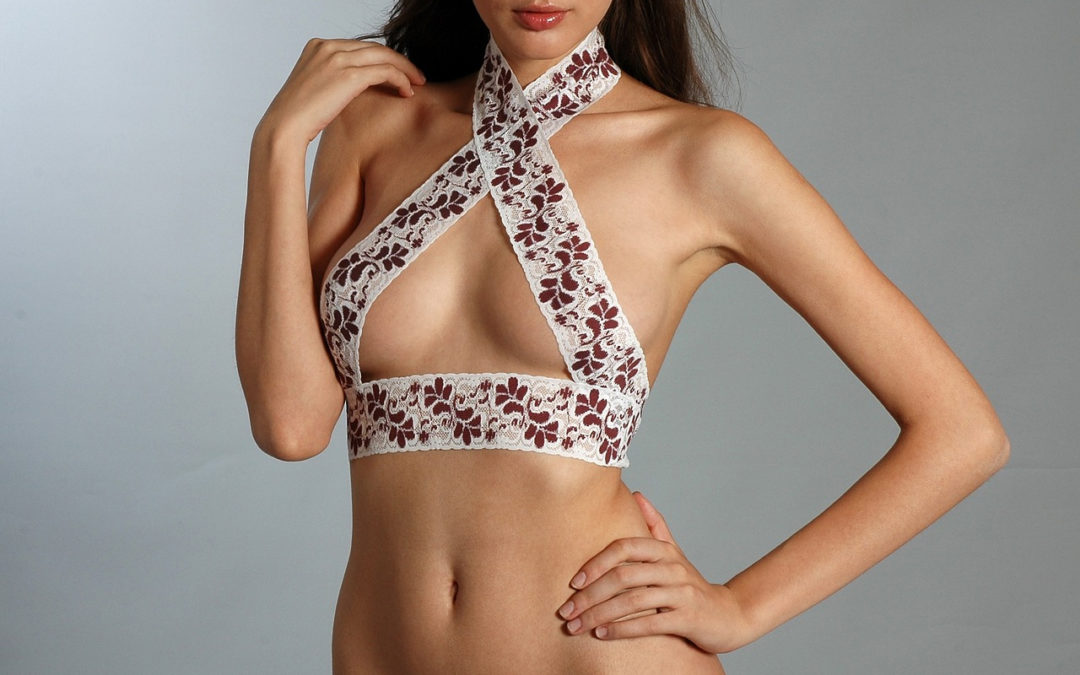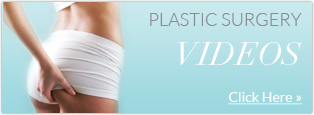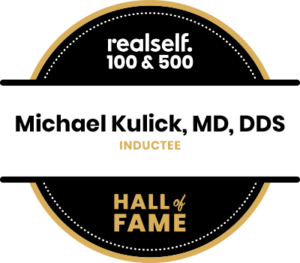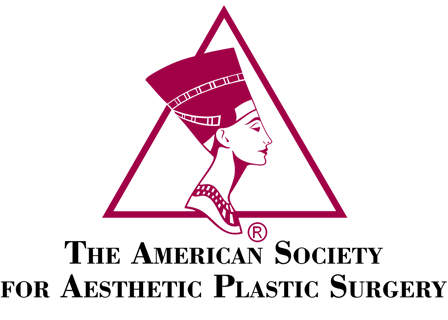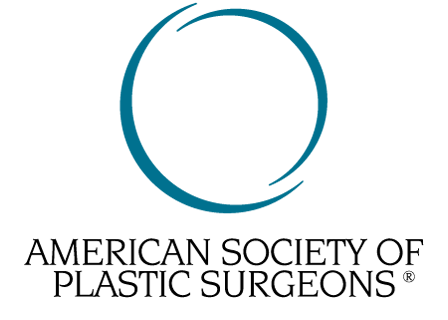As you have grown and changed throughout every phase of your life, your breast size and shape have undergone many changes as well. * No other part of your body goes through such incredible variations in shape, size and function as you age.
However, the many changes your breasts experience throughout your lifetime may also have left you feeling embarrassed about one or more aspects of how they look today. Age, genetics, pregnancy and breastfeeding are four major factors that influence your breast size and shape, as well as their overall appearance.
Does Age Affect Your Breasts?
While you may enjoy pert, firm breasts throughout your 20s and early 30s, you probably noticed your breast tissue beginning to feel softer at some point during your 30s. That’s because breasts initially have a network of dense connective tissue, which gradually gets replaced by fat as you get older.
Women who are nearing or past menopause ** often experience looser, drooping breasts not only because they have more fatty breast tissue, but also due to collagen loss, which leads to skin stretching and losing its elasticity. Even women with smaller breasts can begin to have sagging, flatter breasts thanks to gravity. And, after menopause, women’s estrogen levels dip, which can cause a loss of breast volume as well.
Does Genetics Affect Your Breasts?
You may already know your genes play a vital role in determining your breast size and shape, but did you realize there are other ways in which your heredity affects how your breasts look?
Your genetic background influences not only the density of your breast tissue, but also the texture and quality of your skin. In fact, a 2012 study analyzed data from more than 16,000 women and found seven different genetic markers *** that determine breast characteristics, which you will have inherited from both parents.
Since larger breasts also weigh more, it stands to reason that if you are genetically inclined to be well-endowed, your breasts may sag more as you age than a friend with a smaller cup size, thanks to the dual influences of time and gravity.
Does Pregnancy Affect Your Breasts?
If you’ve had one or more pregnancies, you’ve undoubtedly noticed even more advanced and dramatic changes to your breasts than you did while you were going through puberty. Pregnant women have higher levels of the hormones estrogen and progesterone, which are responsible for many of these pronounced changes.
In addition to having breasts that feel swollen, sensitive and heavy, pregnant women often go up by one or more cup sizes, and many women experience darker or enlarged nipples and areolas, as well.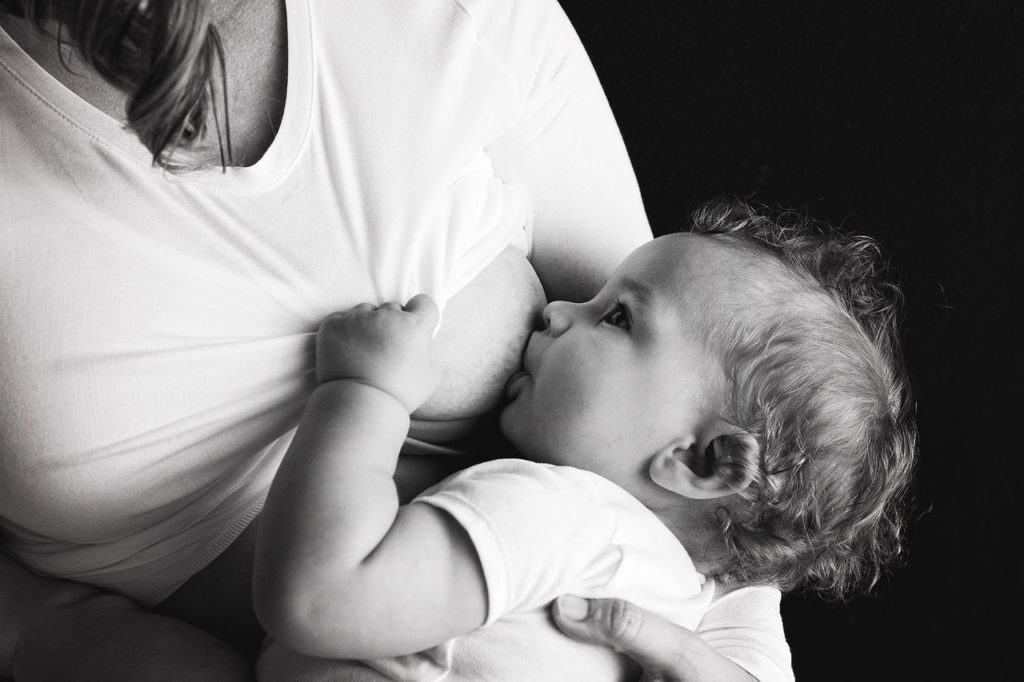 Stretch marks may form as your breasts rapidly increase in size. You may also notice your breasts changing shape throughout your pregnancy.
Stretch marks may form as your breasts rapidly increase in size. You may also notice your breasts changing shape throughout your pregnancy.
Since producing breast milk can cause tissue to stretch, women who choose to breastfeed can look forward to even more changes in their breast size and shape. After you wean your baby, the milk-producing structures inside your breasts will revert to their pre-pregnancy size, which could leave you with an empty or flattened-looking bustline. Influences such as age and skin elasticity can affect the degree to which you experience this.
Should You Consider Breast Surgery?
If you’ve noticed your breast size and shape have changed considerably because of age, genetics, pregnancy or breastfeeding, you may be a good candidate for a breast augmentation to restore the shape and size of your breasts to a more youthful-looking appearance. Breast implants can restore volume lost due to age and motherhood, and give you a fuller, shapelier bustline – specifically, in the upper portion of your breasts.
If you have breasts that sag, you may also wish to consider a breast lift in combination with your breast augmentation. The goal of this surgery is to reposition the breasts so they sit higher on the chest, and in removing excess breast tissue, can create firmer breasts. If your nipples and areolas have begun to point downward, your breast surgeon can address this during the process, leaving them to be more centered on your breasts.
Finding a Qualified Breast Surgeon
The best way to determine if you’re a good candidate for breast implants – either as a standalone procedure or at the same time as a breast lift – is to contact Dr. Michael Kulick’s San Francisco office at 415-956-2550.
Dr. Kulick is a board-certified cosmetic surgeon with more than two decades in practice delivering natural-looking breast enhancement with highly advanced techniques. As an experienced and highly skilled breast surgeon, he is committed to using his skills and attention to detail to develop a personalized surgical plan for each woman who seeks his services, and to prioritizing patient care and comfort above all else.
* Source: theboobuddy.com
** Source: womenshealth.com, November 2014
*** Source: livescience.com, July 2012

